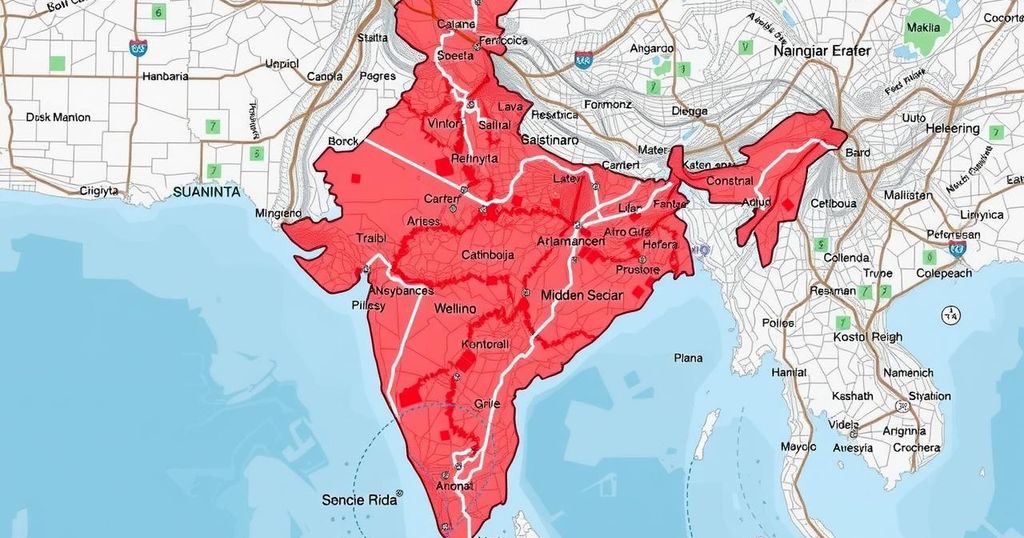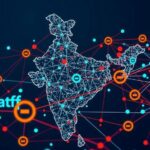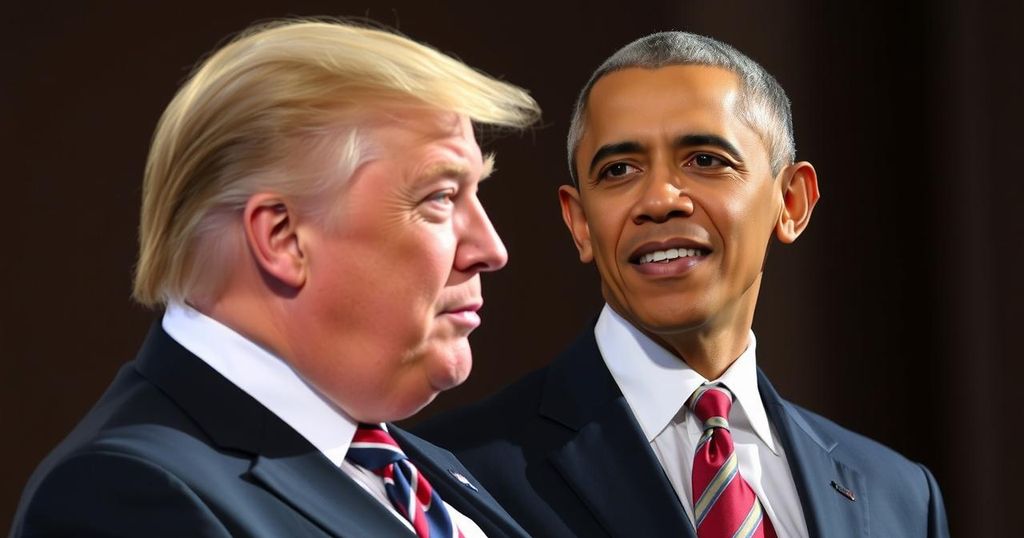Government Panel Advocates for Automatic Blocking of Incorrect India Maps on Social Media
Government officials have proposed automatically blocking flawed representations of India’s map on social media platforms during a workshop organized by MeitY. Discussions included the functionality of algorithmic tools to filter incorrect maps and emphasized the need for specific responses to user grievances. The workshop also highlighted a rise in grievances concerning hacking and the challenges of ensuring timely redressal following the establishment of grievance appellate committees.
At a recent workshop convened by the Ministry of Electronics and Information Technology (MeitY), government officials discussed the potential for social media platforms to automatically block misleading representations of India’s map. The discussion came during the inaugural in-person meeting of the newly established grievance appellate committees (GACs), formed to enhance grievance redressal concerning social media content. One of the primary concerns raised was the consistent depiction of inaccurate maps that do not accurately represent the territorial integrity of India, particularly concerning Jammu and Kashmir.
Representatives from platforms such as Facebook, Twitter, and YouTube attended the workshop, where officials inquired whether algorithmic tools could be deployed to filter erroneous maps. The issue of inaccurate maps is not new, with past instances leading to significant controversy, including parliamentary summons for platform representatives when geo-tagged locations inaccurately labeled Indian territory as belonging to China. Furthermore, an influencer faced repercussions from the Ministry of Information and Broadcasting for sharing a video depicting an erroneous map of India.
During the workshop, GAC officials emphasized the importance of specific communication regarding grievances, urging platforms to provide clear responses to complaints rather than general replies. This communication should also include timestamps to allow the GACs to determine the timeliness of responses. In cases of severe injustice, such as those affecting women’s accounts, GACs have indicated they may accept grievances outside the usual 30-day timeframe.
Since their inception in 2023, the GACs have handled over 2,300 appeals, with a significant number related to account hacking rather than content removal. The growth in appeals is attributed to increased public awareness about grievance processes, illustrating a need for continued improvement in the efficiency of redressal mechanisms. Overall, the workshop highlighted the urgent need for collaborative efforts between government authorities and social media platforms to address these pressing issues.
The meeting was part of initiatives from the Ministry of Electronics and Information Technology to streamline grievance redressal for content on social media. The formation of grievance appellate committees came as an amendment to the Information Technology rules, aiming to enhance user access to governance regarding online content. Misrepresentation of India’s map has increasingly become a contentious issue, with significant implications for national integrity and international relations, particularly in the context of Jammu and Kashmir, which is a disputed territory. Furthermore, the amendment encourages users to escalate grievances if unsatisfied with platform responses.
The workshop organized by MeitY underscored the need for robust mechanisms to address grievances related to erroneous representations of India’s map on social media. Enhanced collaboration between government officials and social media platforms could pave the way for more efficient resolutions. As user awareness of grievance processes grows, the alignment of platform policies with the expectations of the GACs remains critical in protecting national sovereignty and maintaining accurate digital representations of India.
Original Source: www.hindustantimes.com








Post Comment